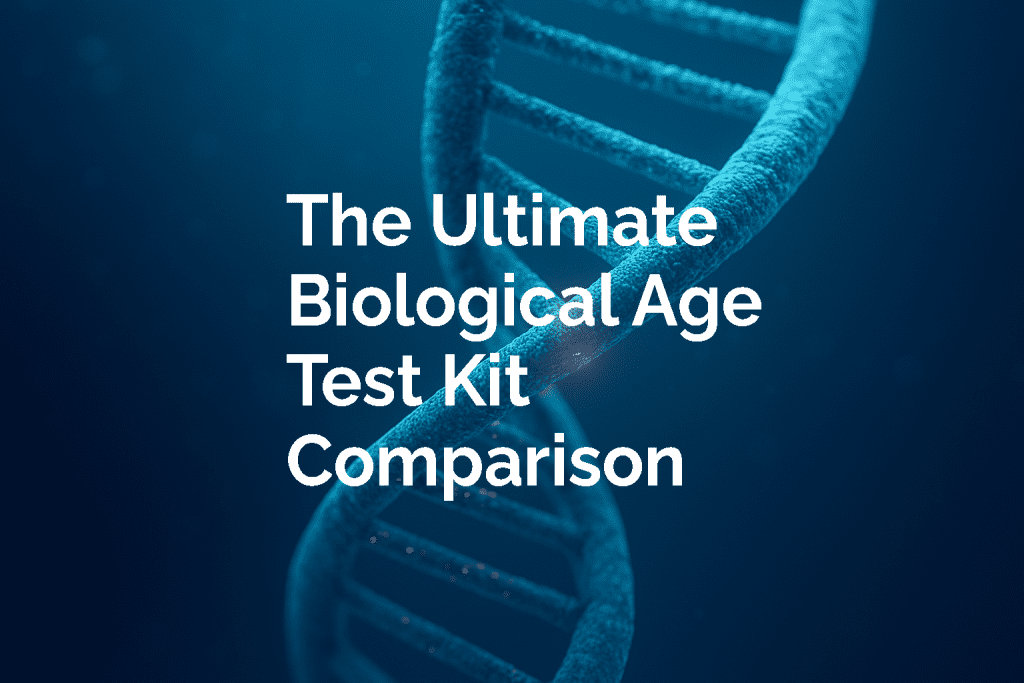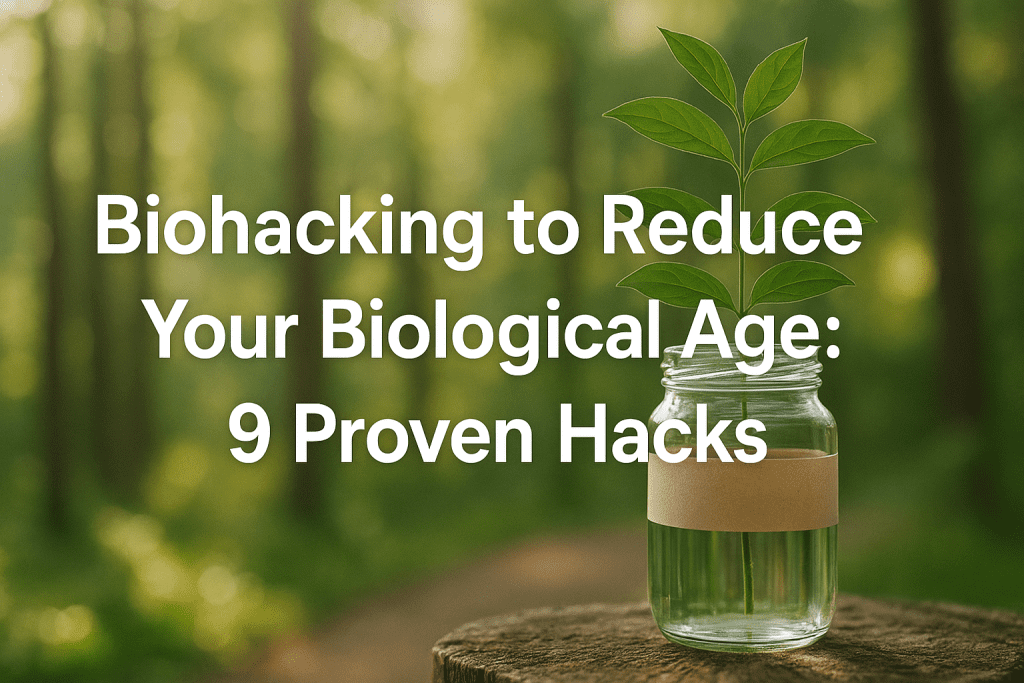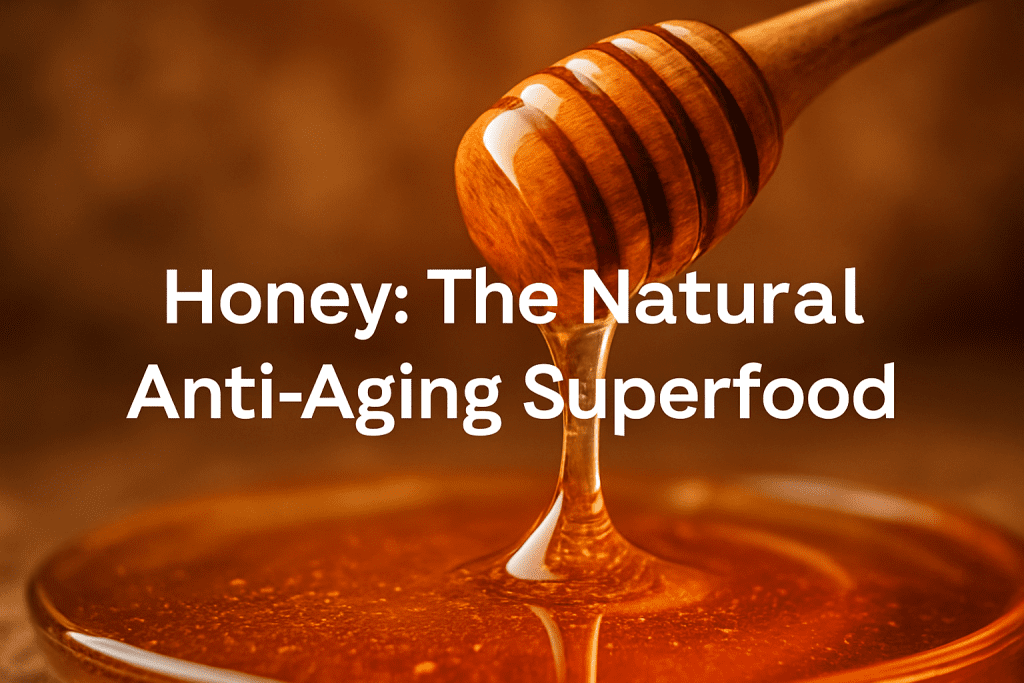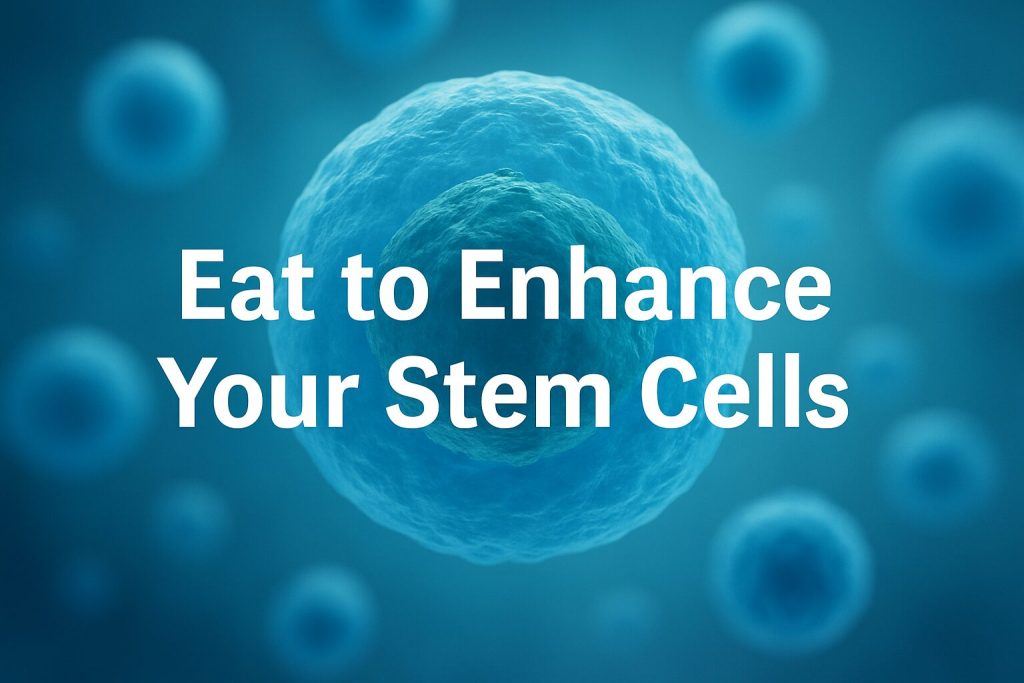
How to support your body’s regenerative potential with the right foods and habits.
Stem cell anti-aging diet strategies are gaining attention, and for good reason. Your body already has a built-in repair system: stem cells. These specialized cells regenerate tissues, keep your immune system strong, and help you recover from damage. But as we age, they slow down, unless you give them the right support
Research shows that certain foods and habits can reactivate your stem cells and promote healthy aging. Here’s what to eat (and when) to help your body repair itself and stay younger, longe
Why Stem Cells Matter for Aging
Stem cells are responsible for regenerating tissues, maintaining organ health, and helping us recover from damage. But they don’t work as well as we age. Lower stem cell activity has been linked to slower wound healing, cognitive decline, and even a weakened immune system.
🧠 Fortunately, emerging research shows that certain nutrients and lifestyle habits can promote stem cell activation, helping the body repair itself more efficiently over time NIH, 2014.
What to Eat to Support Stem Cells?
Here are five evidence-based foods and nutrients that may help stem cells function better and support healthy aging.
1. Berries (Blueberries, Blackberries, Raspberries)
These antioxidant-rich fruits protect stem cells from oxidative stress, a key aging trigger. They’re also a natural source of quercetin and resveratrol, two compounds shown to improve stem cell survival and longevity in lab studies. 🧪 NIH, 2006
✅ Add to yogurt, smoothies, or eat them frozen as a snack.
2. Fatty Fish (Salmon, Mackerel, Sardines)
Omega-3 fatty acids, especially DHA and EPA, may increase the number of hematopoietic stem cells, which play a key role in immune repair and blood health. 🧪 NIH, 2019
✅ Eat 2–3 servings a week or take a clean omega-3 supplement.
3. Dark Leafy Greens (Spinach, Kale, Swiss Chard)
These greens are high in folate, which helps stem cells divide properly. Folate deficiency has been linked to stem cell depletion and faster aging. 🧪 NIH, 2009
✅ Use in salads, omelets, or green smoothies.
4. Turmeric & Ginger
Curcumin, the active compound in turmeric, has been shown to stimulate neural stem cell production, supporting brain regeneration. Ginger complements this effect by reducing inflammation, creating a better environment for cell repair. 🧪 NIH, 2008
✅ Try turmeric in soups or golden milk. Grate ginger into tea or stir-fries.
5. Dark Chocolate (85%+)
Dark chocolate is rich in flavonoids that may boost blood-derived stem cell function and support better circulation, which is crucial for delivering nutrients where they’re needed. 🧪 NIH, 2022
✅ Choose 85% or higher, or mix raw cacao powder into shakes.
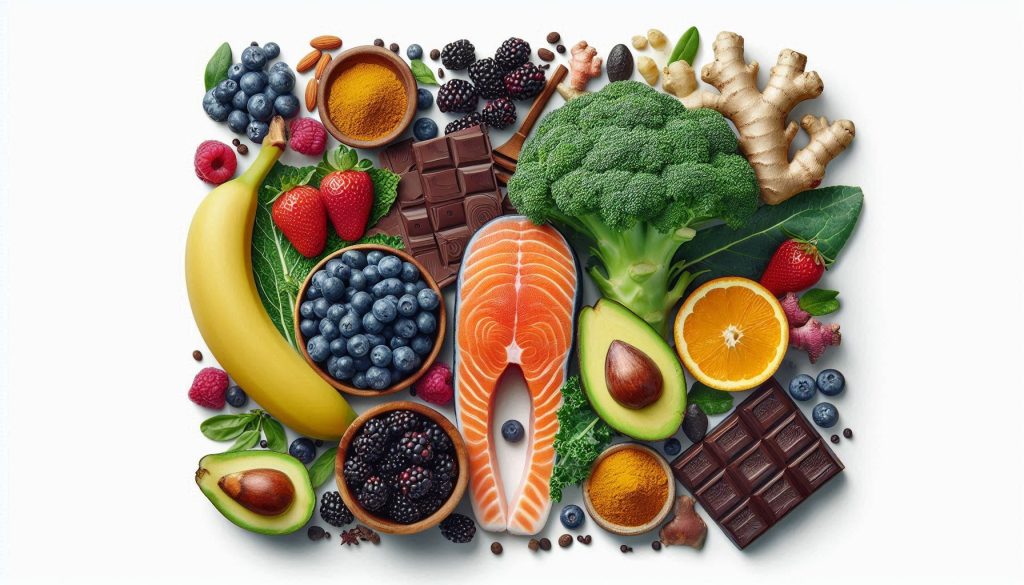
Can Fasting Really Boost Stem Cell Regeneration?
Yes, and the numbers are impressive. Fasting for 12–24 hours can activate autophagy, a cellular clean-up process that promotes new stem cell production. 🧪 NIH, 2018
Key tip: Try intermittent fasting (e.g., 16:8) a few days a week to support this regenerative cycle.
What About Supplements?
While food should be the foundation, certain nutrients may also help, including:
- Folate (for DNA synthesis)
- Omega-3s (for inflammation and membrane health)
- Resveratrol (stem cell protection)
We recommend testing your biological age to track results from dietary and supplement interventions.
📎 See our full review of the best biological age test kits.
✅ Daily Anti-Aging Checklist
Here’s how to support your stem cells and slow aging, without overcomplicating it:
🍓 Eat more berries, greens, and healthy fats
🌿 Use turmeric and ginger regularly
🍫 Choose high-cocoa dark chocolate
⏳ Try intermittent fasting a few days a week
🚫 Avoid processed foods, added sugars, and seed oils
🔬 Consider tracking your biological age for motivation
FAQs
What’s the link between stem cells and aging?
Stem cells regenerate tissues and keep your body youthful. As they decline with age, our ability to repair damage and resist disease also declines.
Which diet is best for stem cell health?
A diet rich in antioxidants, omega-3s, and plant polyphenols supports stem cell activation. This includes berries, fatty fish, leafy greens, turmeric, and dark chocolate.
Can fasting really trigger stem cell growth?
Yes, studies show intermittent fasting can double or triple stem cell production. Autophagy, activated during fasting, helps recycle damaged cells and stimulate regeneration.
Should I take supplements for stem cell support?
They can help, especially omega-3s and folate. But food is the most sustainable and safe long-term strategy.
Do all anti-aging foods boost stem cells?
No. While many anti-inflammatory foods support overall health, only certain nutrients have direct evidence of improving stem cell function, like polyphenols and omega-3s.
How long does it take to see results from a stem cell-supportive diet?
Some effects like reduced inflammation may show in a few weeks, but long-term regeneration takes consistent dietary habits over months.
Can older adults still improve stem cell function with food?
Yes. While baseline stem cell activity declines with age, studies suggest it’s still responsive to nutritional changes, especially when combined with fasting or exercise.
Are biological age tests useful for tracking stem cell health?
They don’t measure stem cells directly but can show improvements in cellular aging that reflect better stem cell performance over time.
Our Thought
Stem cells are your body’s secret weapon for healthy aging, but they need the right environment to work. Smart nutrition, light fasting, and avoiding inflammatory foods can help keep your inner repair team active for years to come.
Related Reading on Simply Anti-Aging
- Nervous System Training: The Overlooked Method for Building Strength as You Age
- VO₂ Max and Longevity: Why Your Oxygen Capacity Might Be the Strongest Predictor of Health
Created by SimplyAntiAging.com’s Editorial Research Team
Reviewed and updated for accuracy in December 2025.

